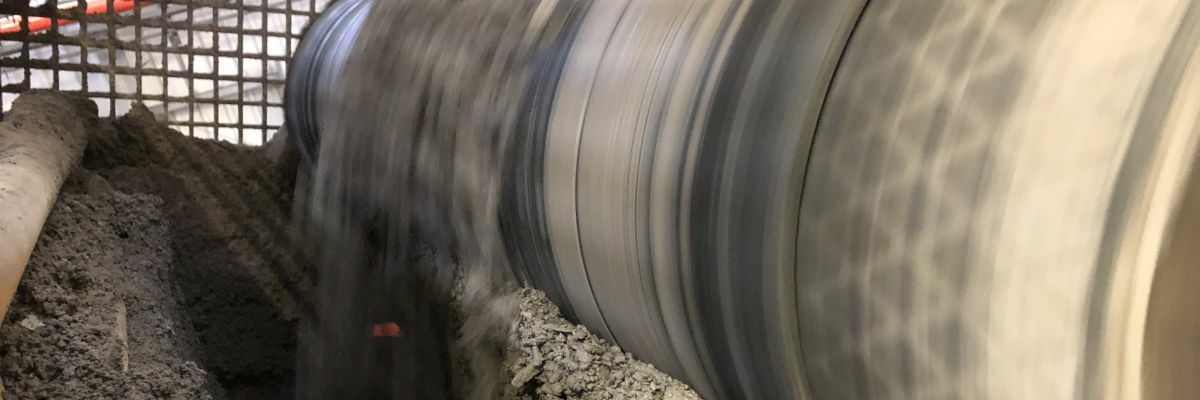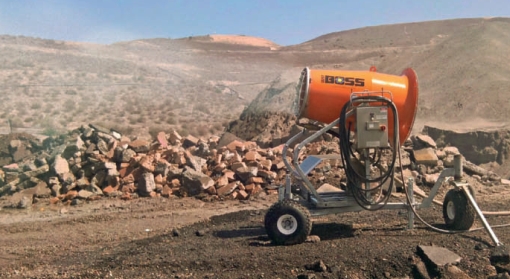Veolia expands operations to deliver more sustainable materials to the construction industry
19.10.2023Veolia are expanding operations to help the construction industry increase the supply of material that can be used to replace the virgin aggregates currently used as hardcore for sub-base in the foundation for roads and concrete structures. Working with industry specialists, Meldgaard Recycling and Levenseat, the company has started operations at a new dedicated processing facility at Ling Hall, Warwickshire, which will process incinerator bottom ash (IBA) from the Battlefield Energy Recovery Facility. This will supply around 50 000 t of material per year produced from the treatment of non recyclable black bag wastes.
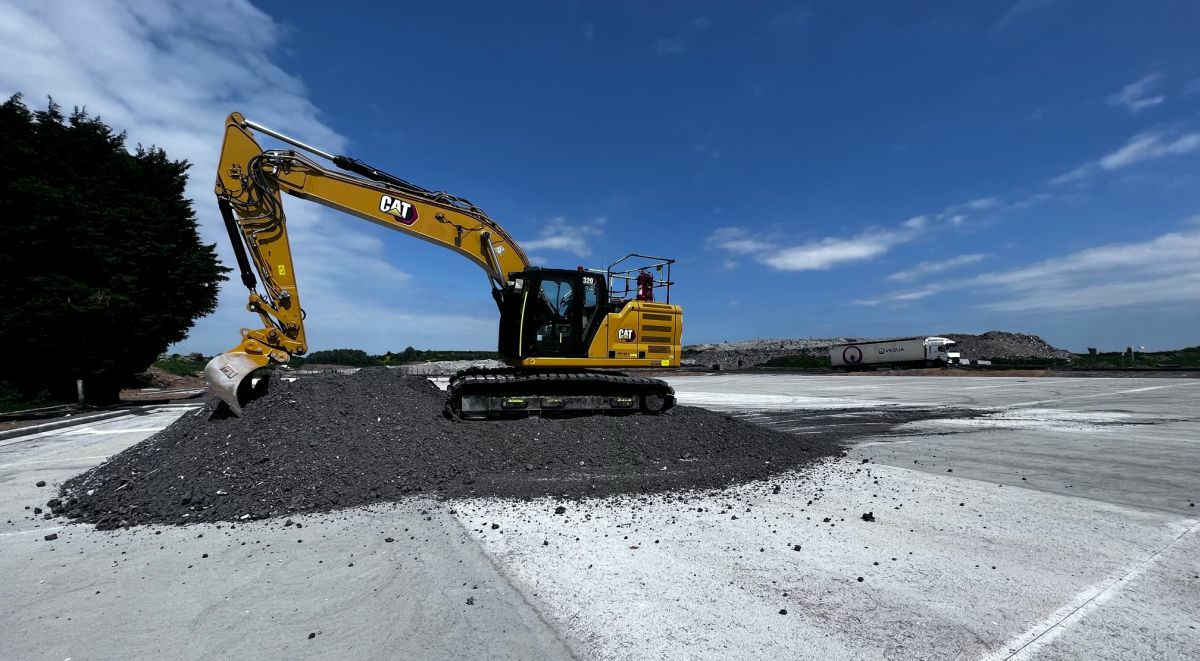 © Veolia
© Veolia
The UK construction sector is the UK’s biggest user of non-renewable materials, and the raw materials have a high carbon footprint. Increasing the use of IBA will help the industry to become more circular and help reach net-zero in line with the Government’s legally binding 2050 deadline.
Veolia's new facility will use the latest processing systems to prepare the IBA and transform this into the secondary aggregates that are essential for many construction projects. After careful sampling to check for any hazardous materials, the IBA is processed through a combination of magnetic separation equipment, including overband magnets and eddy current separators, to remove ferrous and non ferrous metals and the resulting output is then graded for use.
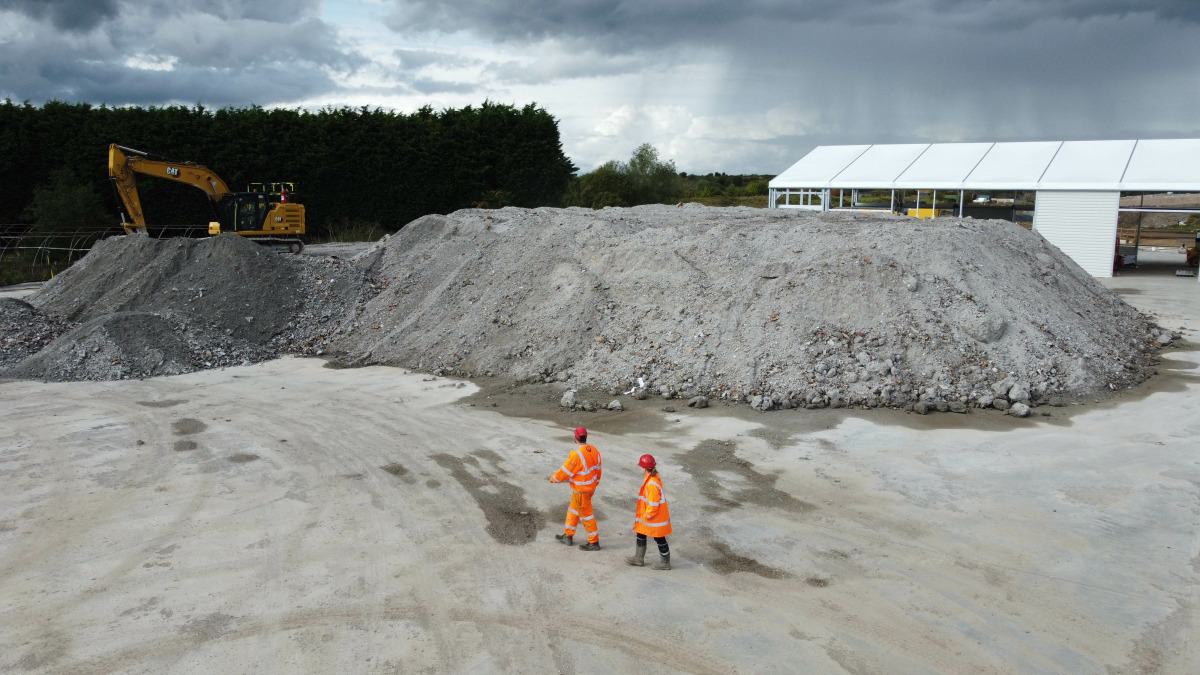 © Veolia
© Veolia
Commenting on the new facility, Donald Macphail, Chief Operating Officer – Treatment said: “As construction is a significant contributor to the nation’s carbon emissions it is essential to deliver materials and solutions that can advance sustainability, and lower environmental impact. By processing bottom ash from the treatment of non recyclable waste our new facility will deliver an important source of secondary aggregates, and recover metals that would otherwise be lost. In this way it will lower the dependence on virgin resources, limit environmental impact, and reduce carbon emissions"
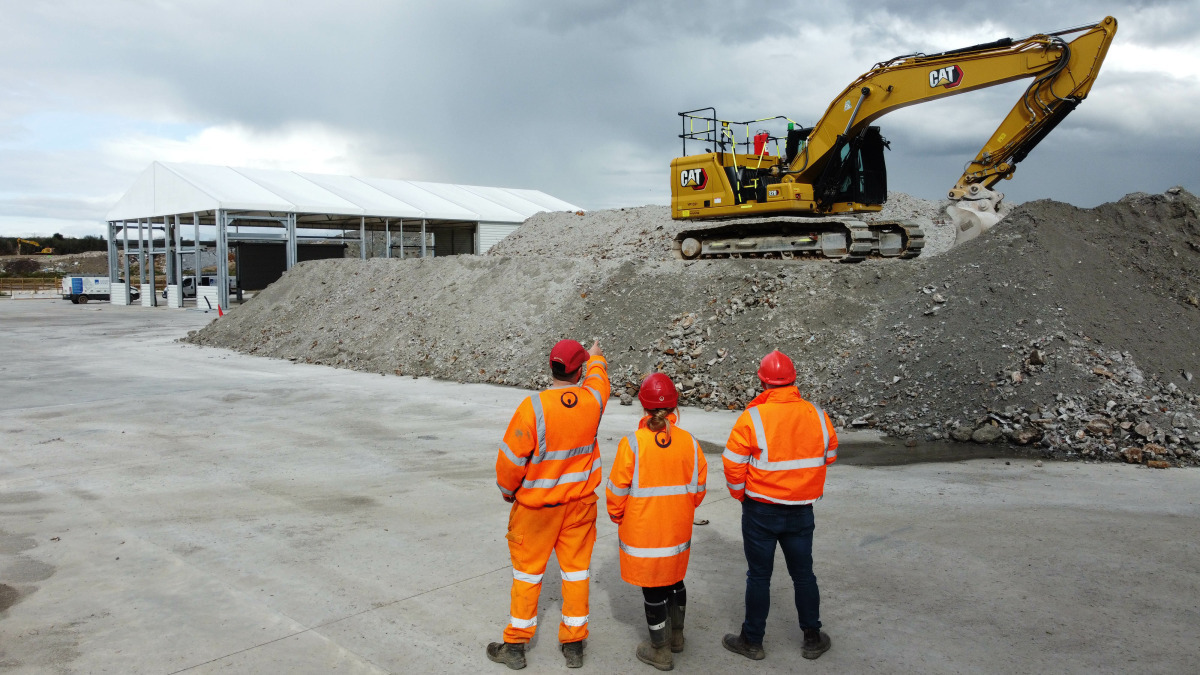 © Veolia
© Veolia
In becoming the benchmark company for ecological transformation, Veolia is committed to tackle climate change, resource depletion, biodiversity collapse, and pollution. By adopting innovative solutions, and changing patterns of production and consumption the company is placing ecology at the heart of every process to achieve its goal of being carbon neutral. This includes maximising the value from resources to effectively ensure a secure supply of energy, and easing resource scarcity challenges.

